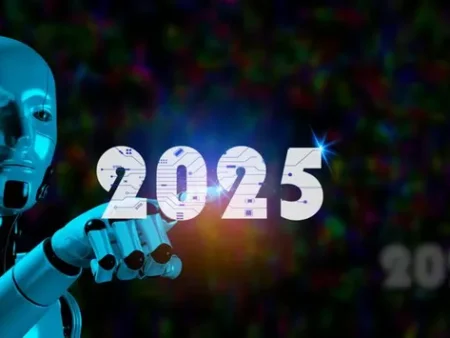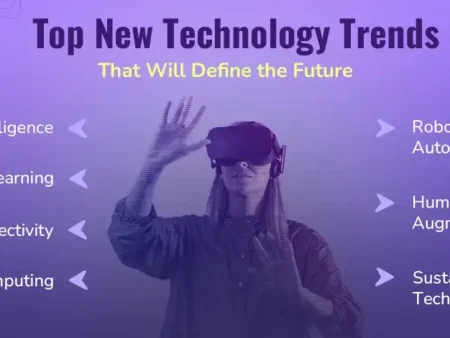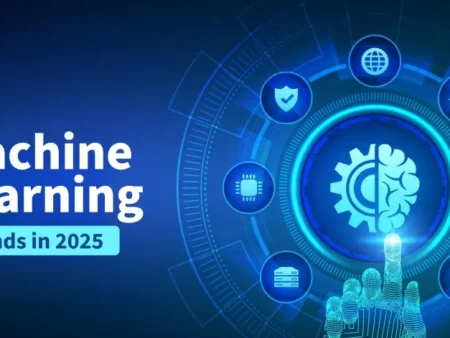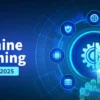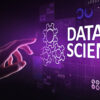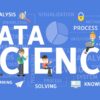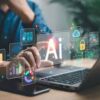Machine learning in 2025 is driving innovation across industries with applications that go far beyond traditional analytics. From AI-powered healthcare and autonomous vehicles to fraud detection, generative content, and personalized recommendations, ML is transforming how businesses operate and engage with customers. With increasing adoption in manufacturing, climate modeling, and intelligent assistants, machine learning remains a critical force behind smarter, faster, and more personalized digital experiences.
Top 10 Machine Learning Applications in 2025
As artificial intelligence continues to evolve, machine learning (ML) is firmly establishing itself across industries by driving innovation, efficiency, and sustainable practices. According to iQuanta’s latest insights, here are the top 10 ML applications redefining business and technology in 2025
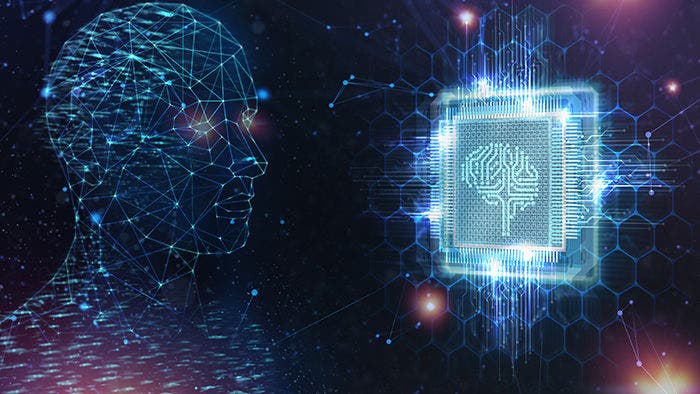
Key Machine Learning Applications Transforming 2025
- AI‑Powered Healthcare & Drug Discovery
ML enhances diagnostics, accelerates discovery of new therapeutics, and enables personalized treatments. Applications include image analysis, predictive risk modeling, robotic-assisted surgery, and virtual health assistance. - Autonomous Vehicles & Drones
Self-driving cars and delivery drones use ML for navigation, object detection, route planning, and traffic optimization, spearheading smart mobility by industry leaders like Tesla and Waymo. - Fraud Detection & Cybersecurity
Financial institutions and security platforms leverage ML to detect anomalous behavior, monitor transactions, and block cyber threats in real time using behavior-based profiling and automated defenses. - AI‑Generated Content (Text, Images, Video, Music)
Generative models (e.g., GPT-4, DeepSeek) create human-like text, visuals, and audio. Uses span marketing, storytelling, design, and multimedia production—raising both creative opportunity and ethical considerations. - Recommendation Systems (E-commerce & Streaming)
Personalized engines analyze user behavior to suggest products, media, and pricing. Platforms like Amazon and Netflix deliver tailored experiences powered by sophisticated ML algorithms. - Personalized AI Assistants & Chatbots
Virtual assistants such as ChatGPT, Siri, and Google Assistant are evolving—understanding emotional context, multilingual dialogue, and past interactions to deliver natural, relevant support. - Smart Manufacturing & Predictive Maintenance
ML monitors equipment health, predicts failures, and automates quality control. Smart factories use data-driven decision-making and robotics to optimize production and reduce downtime. - AI‑Powered Search Engines & Voice Assistants
Search engines now use ML to better interpret intent and personalize results, while voice assistants enhance comprehension and interaction through speech and context understanding. - Climate Modeling & Sustainability Analytics
ML aids climate science by forecasting weather, modeling environmental impacts, and optimizing usage of renewable resources. These tools support smart energy management and ecological protection strategies.
Why These Applications Matter
- Cross-Industry Impact: ML solutions drive innovation in healthcare, mobility, finance, manufacturing, media, and sustainability.
- Operational Efficiency: Real-time insights improve productivity, decision-making, and predictive accuracy.
- Personalization at Scale: Tailored experiences boost customer satisfaction and engagement.
- Future-Proofing & Ethics: As ML expands its reach, considerations around fairness, transparency, and governance are essential.
Summary Table
| Application Area | Business Impact |
|---|---|
| Healthcare & Drug Discovery | Improves patient outcomes, speeds drug development |
| Autonomous Vehicles & Drones | Enhances transportation efficiency and safety |
| Fraud Detection & Cybersecurity | Protects assets and systems in real-time |
| Generative Content | Revolutionizes marketing, media, and creative work |
| Recommendations | Boosts engagement, sales, and user retention |
| AI Assistants & Chatbots | Enhances customer service and productivity |
| Smart Manufacturing | Reduces downtime, increases quality control |
| Search & Voice Assistants | Improves accessibility and user interaction |
| Climate & Sustainability Modeling | Supports renewable energy and environmental goals |
Machine learning continues to expand in capability and application as we move through 2025. These use cases demonstrate how it is shaping industries globally—making systems smarter, more efficient, and more sustainable.
